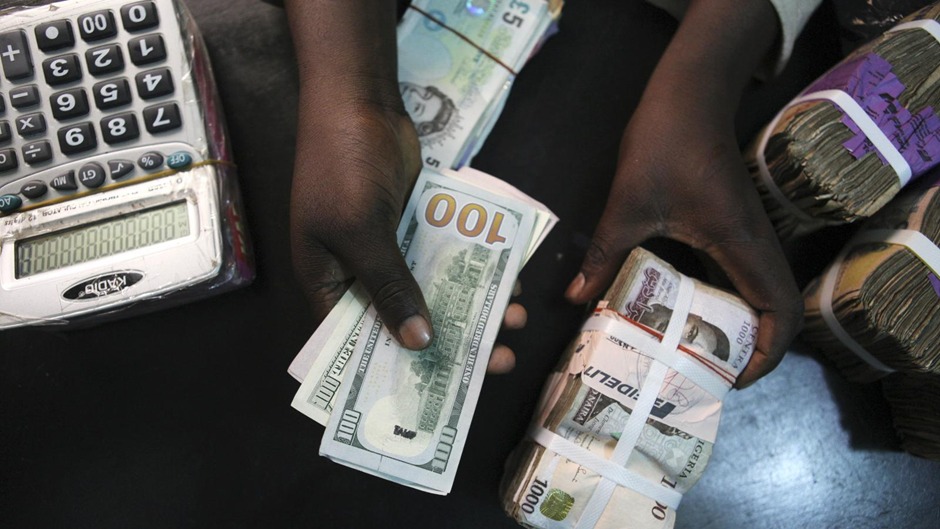Nigeria’s external reserves increased by $7.7 billion to $40.3 billion in the 11 months leading up to November 2024, thanks to inflows from portfolio investors who took advantage of the country’s high interest rates.
The Central Bank of Nigeria’s (CBN) hawkish monetary policy stance, which has witnessed a spike in foreign portfolio inflows due to interest rate hikes, is responsible for the constant increase in net reserves.
According to a research report released on Tuesday by analysts at Lagos-based FBNQuest Capital Research, “the country’s gross official reserves trend has largely been upward since April 2024.”
“This pattern primarily represents the rebound in foreign portfolio inflows (FPIs) brought on by the high interest rate environment brought on by the CBN’s hawkish monetary policy approach,” the analysts clarified.
CBN Governor Olayemi Cardoso stated that the bank is increasing benchmark interest rates, which are currently at 27.5 percent, to draw in portfolio investors in addition to controlling inflation and supporting the depreciating value of the naira.
To fulfill its price stability and control mandate, the apex bank has increased rates by 875 basis points this year, up from 18.75 percent last year. However, costs are still high, and the naira hasn’t moved despite the huge rates.
A high interest rate environment provides opportunities for portfolio investors to pour in their funds and also increases the nation’s reserves.
Data from FMDQ shows that inflows into the economy through FPIs rose by 40% month over month to reach over $1.6 billion in November.
In the meantime, the difficult macroeconomic climate was the fundamental reason why capital inflows from FDIs stayed muted. For example, during the reference period, FDI inflows were flat m/m at $241 million.
Rising interest rates will attract portfolio investors, but they will remain cautious and may leave at any time if they discover reasons to do so, according to Samson Simon, CEO and chief economist at ARKK Economics and Data Limited.
“FPI is too erratic to be relied upon, even if it has some significance and would undoubtedly aid with Nigeria’s foreign exchange illiquidity. And that does not portend good when it is going through a downturn,” Simon added.
Impact of Foreign Portfolios
In the first nine months of 2024, foreign portfolio investments in Nigerian stocks hit $284 million, the largest amount since COVID-19. Compared to $239.2 million during the same period in 2023, this represented a 19% year-over-year increase.
This is under the National Bureau of Statistics (NBS) Capital Importation figures for the third quarter (Q3) of 2024.
Since the first nine months (9M) of 2020, when foreign portfolio investment (FPI) in the Nigerian stock market reached over $737 million, this is the highest level of interest in Nigerian stocks. In contrast, FPI was $168.5 million in the 9th month of 2021, dropped to $51.7 million in the 9th month of 2022, and then increased to $239.2 million in the 9th month of 2023. In Q3 2024, foreign investment in Nigerian stocks reached its highest level since 2019, with an FPI of $84.7 million.
With foreign portfolio investments making up almost 61% of Nigeria’s total capital imports in the first nine months of 2024, the country’s economy is starting to show signs of being a “hot money” hub. Of the $4.38 billion in foreign portfolio investments made in the first nine months of 2024, $3.43 billion came from short-term money market instruments.
With a 31.34 percent year-to-date return this year, the NGX has underperformed the returns of 2023 and the nation’s inflation rate. Significant advancements in Nigeria’s foreign currency system are responsible for the rise in international interest in Nigerian stocks, even though the country has seen its greatest inflation since 1996, and benchmark interest rates have risen to a record 27.5 percent.
The present foreign exchange system is more flexible than before, allowing investors to easily purchase Nigerian stocks and repatriate their dollar earnings without lobbying.



